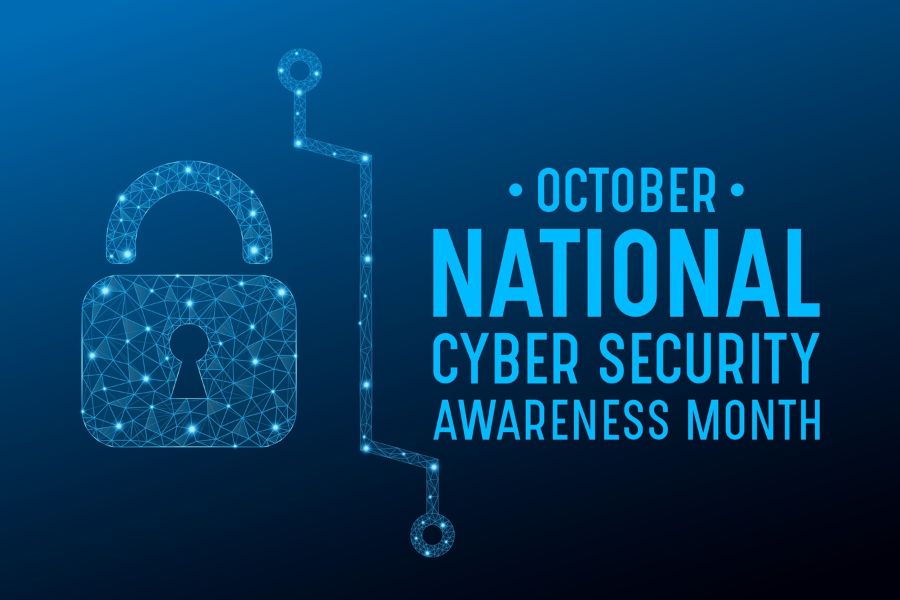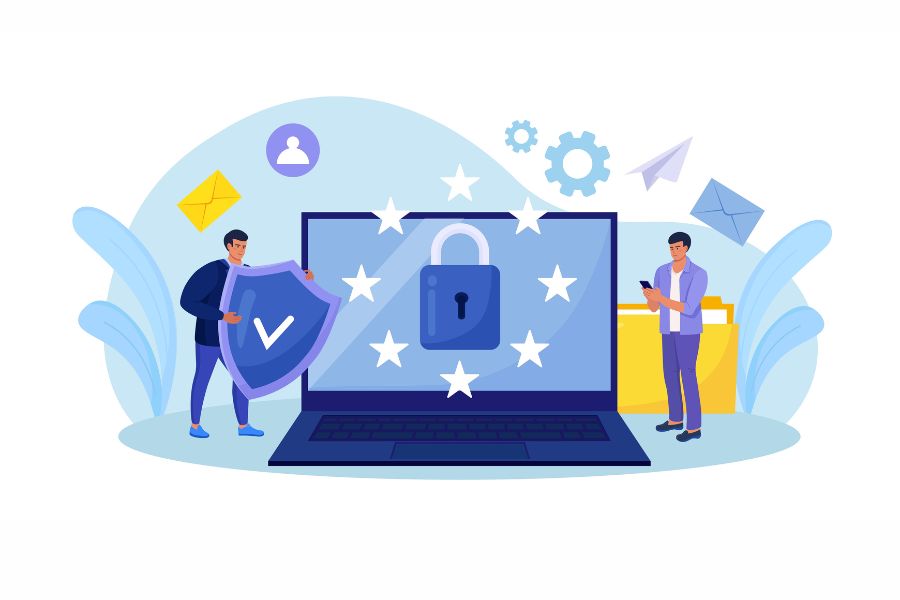Cyber Security Basics
Cyber security is one of the most critical topics in today’s digital world. It involves protecting computer networks and systems from unauthorized access or damage. It also covers measures to protect data from malicious software, hackers, and other online threats. In this blog category, we will share basic tips to help you stay safe online.

Cyber Security Basics
Understanding Primary and Secondary Storage: What Sets Them Apart
The most fundamental of all computing concepts, data storage is what makes everything from the speed and convenience of your cell phone's applications...
READ MOREThe Importance of Educating Future Leaders in Cybersecurity
In our rapidly evolving digital age, the phrase educating future leaders in cybersecurity has never been more critical. Technology's ...
READ MORELatest Cybercrime Stats & Insights: Navigating the New Threat Landscape
It's no secret that cybercrime evolves just as rapidly as new technologies. The digital landscape is continuously changing, as are cybercriminals' tac...
READ MORETop Cyber Security Awards in USA
In a rapidly evolving digital landscape, the importance of cyber security cannot be overstated. Cyber threats are becoming increasingly sophisticated,...
READ MOREBest IoT Security Platforms You Should Know
The Internet of Things (*IoT*) is revolutionizing various industries by connecting devices and allowing them to communicate. As the number of connecte...
READ MOREWhat is Generative AI and What are the Generative AI Security Considerations?
Generative AI is a subset of artificial intelligence that focuses on producing new data similar to a given dataset. It leverages advanced algorithms t...
READ MOREHow to Get Involved in Cybersecurity Awareness Month
October is Cybersecurity Awareness Month, a dedicated time to raise awareness about the importance of cybersecurity. Whether you're an individual or a...
READ MORENavigating Compliance: GDPR and Beyond in Cybersecurity
Welcome to our deep dive into the labyrinth of GDPR and its influential presence in cybersecurity. The General Data Protection Regulation, or GDPR, ha...
READ MOREIs AI Going to Takeover Cyber Security in the Near Future?
This has been one of the most talked-about issues recently, so we'd like to weigh in. Due to the rapid development of Artificial Intelligence (AI) in ...
READ MOREUnderstanding Computer Networks: A Guide for Cybersecurity Professionals
Computer networks are the backbone of modern communication and information exchange in today's interconnected world. Understanding these networks is n...
READ MOREPhishing for Trouble: How to Train Your Employees to Spot Email Scams
In today's digital landscape, it is crucial for employees to be vigilant when it comes to email scams. With hackers constantly seeking to exploit vuln...
READ MOREBest Cybersecurity Events You Should Attend in MENA Region
In the fast-paced world of cybersecurity, the MENA region is where innovation thrives and collaboration boosts. Join us as we take a journey through a...
READ MOREWhat are The Most Basic Elements of a Strong Cyber Security Posture are?
Cyber security is a complex field that requires careful consideration and planning. It is important to understand the most basic elements of a strong cybersecurity posture in order to ensure the safety of your organization’s data, systems, and networks. The most basic elements include: authentication, authorization, encryption, risk assessment and management, patching and updating software regularly, monitoring for suspicious activity or threats, and disaster recovery plans. By understanding these elements and implementing them into your organization’s security policies you can ensure that your data remains safe from malicious actors.
How To Start To Create a Cyber Security Plan?
Creating a comprehensive cyber security plan is essential for any business. But it can seem daunting to the uninitiated. However, taking the right steps and having an understanding of the basics of cyber security can help you create a strong security plan that will protect your business from potential threats. This blog section outlines the key components of creating a successful cyber security plan and how to get started.

































